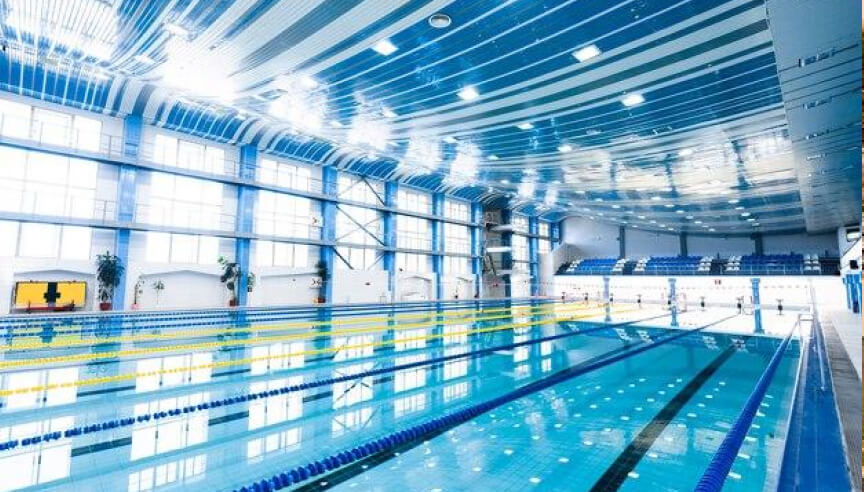Commercial Pool Disinfection: A Comprehensive Guide

Navigating Commercial Pool Disinfection: A Comprehensive Guide to Clean and Safe Aquatic Spaces
Introduction:
Commercial pools, whether in hotels, fitness centers, or water parks, are hubs of activity and enjoyment. Maintaining a hygienic and safe aquatic environment is paramount for the well-being of patrons. Efficient commercial pool disinfection is the key to achieving this goal. In this guide, we will explore where to start, the advantages of different disinfection methods, and the crucial considerations for selecting the right equipment.
Where to Start:
Water Testing:
Before diving into disinfection methods, it’s crucial to begin with a comprehensive water testing regimen. Regular testing for pH levels, alkalinity, and chlorine or other disinfectant levels provides a baseline for pool maintenance.
Regulatory Compliance:
Familiarize yourself with local health department regulations and industry standards. Compliance ensures not only the safety of swimmers but also the longevity of your pool facility.
Advantages of Different Methods:
Chlorination:
Chlorine remains one of the most common and effective disinfection methods for commercial pools. It comes in various forms, including liquid, granular, and tablet. Chlorine effectively kills bacteria, viruses, and algae, keeping the water clear and safe.
Saltwater Chlorination:
Saltwater pools use a chlorine generator to convert salt into chlorine. This method provides a gentler and more skin-friendly experience for swimmers. Additionally, saltwater pools are generally less harsh on pool equipment and structures.
UV-C Disinfection:
Ultraviolet (UV) light is gaining popularity as an additional layer of disinfection. UV-C light disrupts the DNA of microorganisms, rendering them harmless. UV-C systems are effective against chlorine-resistant pathogens and reduce the need for high chlorine levels.
Ozonation:
Ozone generators produce ozone, a powerful oxidant, to disinfect pool water. Ozone is effective in eliminating contaminants and reducing the reliance on traditional chemicals. It also helps control odors and improves overall water quality.
Equipment Selection:
Chlorination Systems:
Choose between traditional chlorine feeders, salt chlorinators, or automatic chlorine dosing systems based on the size and needs of your pool. Automatic systems offer precise control, ensuring consistent disinfection levels.
UV-C Systems:
UV-C systems typically consist of UV lamps installed in the pool circulation system. Select a system with adequate capacity for your pool size, and consider models with features like automatic shut-off for energy efficiency.
Ozone Generators:
Ozone generators come in various sizes. Select a generator that matches the pool’s water volume and integrates seamlessly with the existing filtration system. Some systems offer advanced sensors for real-time monitoring and control.
Filtration Systems:
The filtration system is crucial for removing debris and particulate matter. Consider high-efficiency sand filters, cartridge filters, or diatomaceous earth (DE) filters, depending on the pool’s size and usage.
Conclusion:
Maintaining a safe and enjoyable commercial pool involves strategic planning and investment in the right disinfection methods and equipment. By starting with water testing, understanding regulatory requirements, and selecting appropriate disinfection methods and equipment, you can create a pristine aquatic environment that promotes the well-being of swimmers and enhances the longevity of your pool facility. Regular maintenance and adherence to best practices ensure that your commercial pool remains a beacon of cleanliness and enjoyment for patrons.
